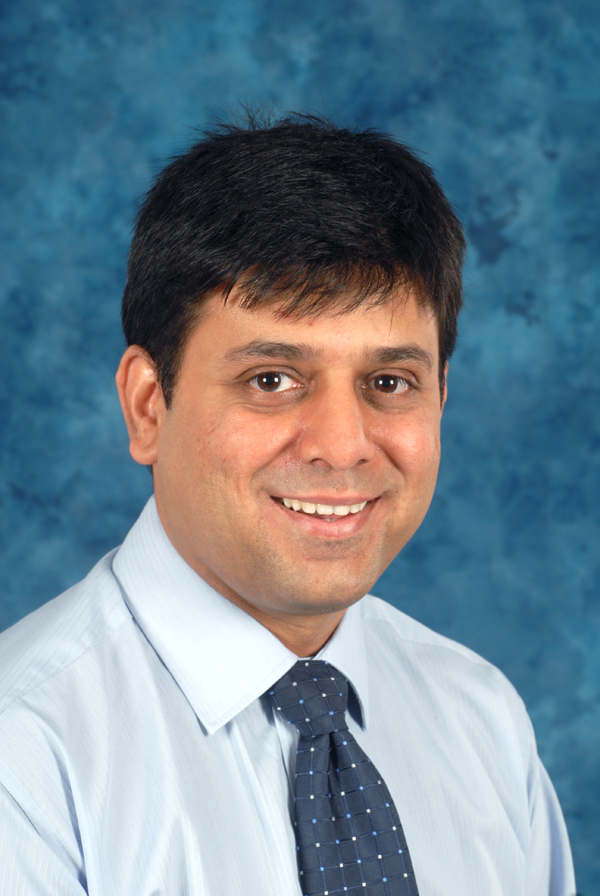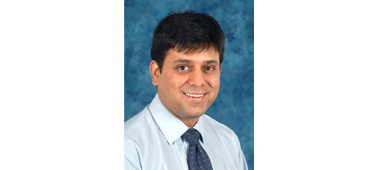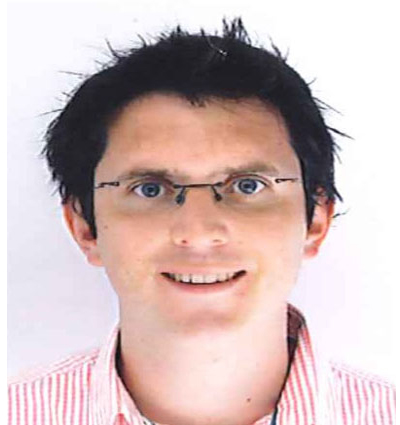Urological Fellowships – the unwritten but almost essential step to a future specialist consultant practice?
 Preamble:
Preamble:
Training in urology in the UK, and indeed globally has seen significant changes in the last decade. This has mirrored the changing face of health care provision within and outside the NHS. For award of a Certificate of Completion of Training (CCT), the Joint Committee on Surgical Training (JCST) has recommended specific guideline criteria for different specialties, including urology. The current structure of urological training in the UK has evolved to prepare a trainee by the completion of training at bare minimum for a general urologist. However, depending on the training environment, trainers and trainee enthusiasm with an early focus of interest, many trainees achieve more than just this bare minimum by way of modular training, especially in their final years of training. Some will carry on with acquisition of specialist skills as junior consultants, but increasingly trainees are opting to go for fellowships in their area of specialist interest. This is almost becoming an unwritten essential step for getting a plum specialist post.
When to start?
Those trainees with a special interest in a particular area (and wish to pursue this after CCT) should start the thought process by the end of second year, and their initial groundwork to identify suitable fellowships by third year. Why the rush? Simple reason: the application time to the start of some fellowships typically lags by a year or more. For example, many North American institutional fellowships have application submission deadlines in January, followed by interviews in February-May, for a fellowship that will start in July the following year (18 month lag!). This rush is even more important if the fellowship is intended to be undertaken prior to end of training as an ‘out of programme experience’ or ‘out of programme training’, as the rules have recently changed as of April 2013 where some Local Education and Training Boards (LETBs), previously called ‘Deaneries’, under the Health Education England will not allow OOPE or OOPT in the final year of training. Refer to www.gmc-uk.org and www.hee.nhs.uk for more details on OOPT and OOPE.
When to go on fellowship?
The options are either doing your fellowship before completing training as an OOPE / OOPT or going on a post-CCT fellowship. When to go depends on your individual interest, personal circumstances, fellowship criteria, your choice and importantly the support of your programme director and local surgical training committee. The advantage of an OOPE/OOPT fellowship before CCT is that when you come back, you have your registrar job and salary to come back to. You also don’t lose your grace period at the end of CCT. The disadvantage is that you may come back specialised and ready for a consultant job, but since you haven’t yet completed your full training, you could miss some good job opportunities while you go back to being a registrar for a year. The advantage of a post-CCT fellowship is that you can start looking for jobs during your fellowship and ideally walk into a consultant (or locum consultant) job, but this requires diligently keeping in touch while you are away. The disadvantage is that you may not have anything to come back to, and you lose your grace period. Either way, it’s a gamble.
Where to go?
Traditionally, the two most popular destinations for fellowships are USA and Australia. Emerging spots include Canada, Europe and home-based UK fellowships. Each place has its pros and cons. Australian fellowships, usually for a year, are supposedly good hands-on experience with a fantastic salary package, proportional to frequency of calls. However they grossly lack research and formal learning opportunities. American and Canadian fellowships are usually 2 years with a year of research and a year of clinical/operative work. The research exposure as well as publishing, critical appraisal and exposure to knowledge is fantastic. For US fellowships, trainees have to sit the USMLE and be ECFMG certified. Canadian fellowships are becoming popular with British trainees as holding the FRCS (Urol) suffices, and there is no need to sit any other exams. They also offer a fine mix of research opportunities and hands-on operative experience. For oncology fellowships, visit www.suonet.org. Good financial planning is crucial, especially for North American fellowships.
Jaimin Bhatt
University of Toronto Health Network, Princess Margaret Hospital, Toronto, Canada
Post-CCT SUO Fellow in Urologic Oncology. Completed his urological training in the Oxford deanery (now called Health Education Thames Valley)



